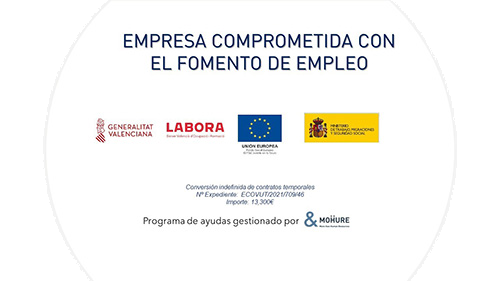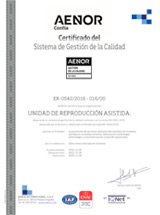Level of ovarian reserve
A woman is born with a certain number of oocytes that are lost with the menstrual cycles until they are exhausted at the menopause. One of the indicators for assessing female fertility is the study of the level of ovarian reserve, i.e. the total number of oocytes a woman has in her ovaries. The two most reliable markers for measuring ovarian reserve are the Antral Follicle Count in the ultrasound scan and the determination of the Antimullerian Hormone.
In an In Vitro Fertilisation (IVF) treatment, the patient must be administered medication in order to obtain several eggs that will be fertilised in the laboratory. For a favourable embryo prognosis, a number of oocytes above five is considered adequate.
Patients receiving the same dose of medication may have very different responses and sometimes the number of oocytes obtained is so low that the chances of success are considerably reduced. In these cases, a correct evaluation is essential to define the best strategies to increase the chances of success.












